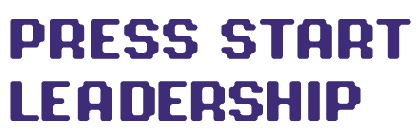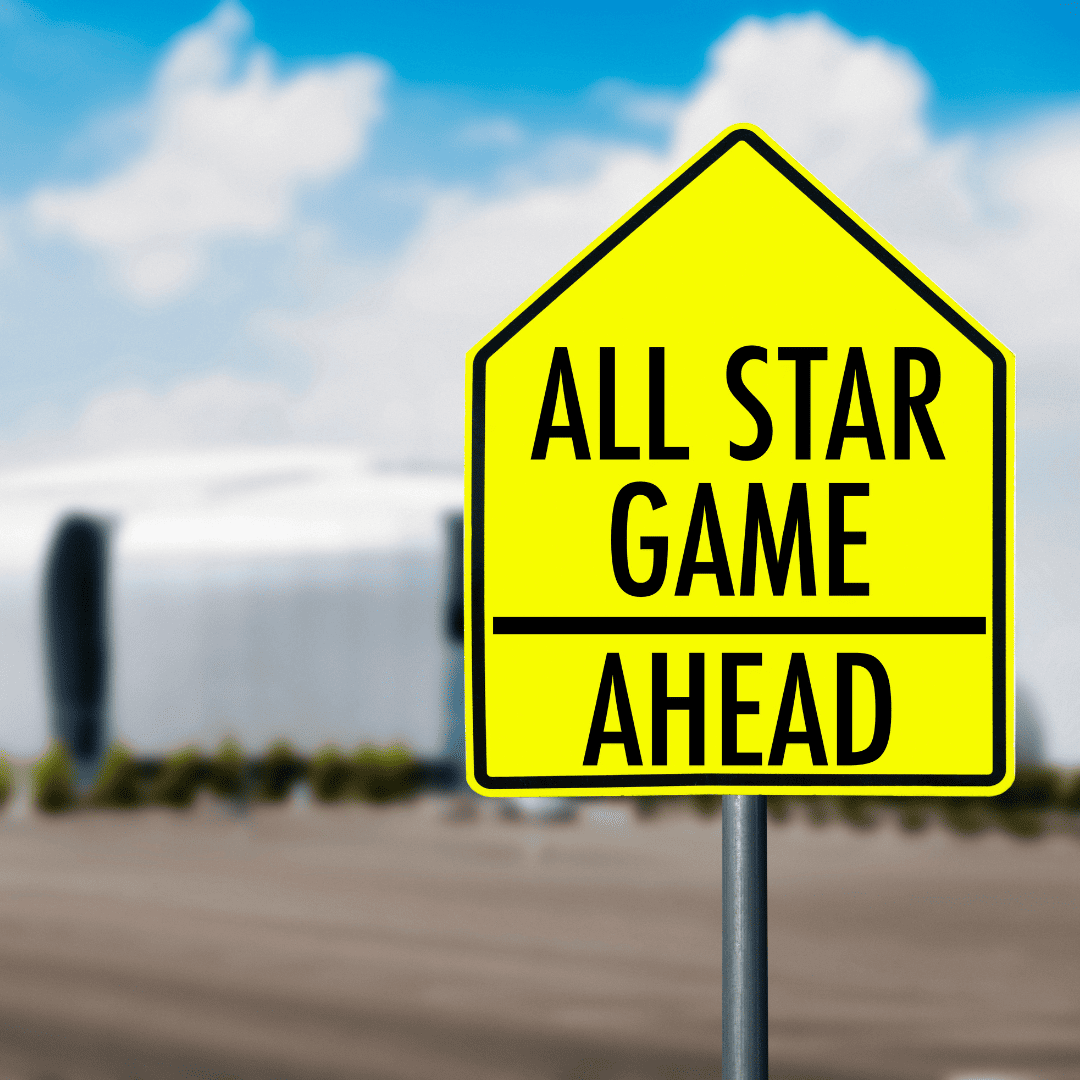Beyond Deadlines: Mastering Vision, Team Dynamics, and Industry Trends for Outstanding Game Production
In the dynamic world of video game development, the role of a producer often remains shrouded in mystery. Many equate the job to purely management-focused responsibilities, but it’s so much more than keeping a schedule. An all-star video game producer wears multiple hats, ensuring not just the timely release of a game, but also its quality, innovation, and the overall well-being of the team.
Understanding the Role
Before diving into the intricacies, let’s debunk some myths and set the foundation. A video game producer is not just a manager or a supervisor; they are visionaries, problem solvers, and champions of team spirit. Their primary role might involve schedules and deadlines, but their overarching responsibility is ensuring the game’s vision comes to life while being feasible and of high quality.
- Visionary Leadership: A great producer understands the game’s vision as much as the lead designer or director. They are in a unique position to bridge the gap between the creative and technical teams. By being aligned with the game’s purpose, they can make informed decisions that serve the project’s best interests.
- Problem-Solving: Game development is notorious for its unforeseen challenges. Whether it’s a technical glitch, a design dilemma, or team conflicts, a producer is often the first line of defense in resolving these issues.
- Team Spirit Champion: Producers often serve as the morale boosters. Their approachability, understanding, and proactive nature can prevent burnout and keep the team motivated.
Going Beyond the Schedule: Key Strategies
Understand the Game Inside and Out
To excel as a producer, dive deep into understanding the game. Familiarize yourself with its mechanics, story arcs, art direction, and tech stack. By doing this, you can anticipate challenges, streamline processes, and provide valuable input during development discussions.
Open Communication Channels
An all-star producer is an effective communicator. Establish regular check-ins with team leads, encourage open dialogue, and promote a culture where team members feel heard and valued. Misunderstandings or lack of communication can lead to significant delays and affect the quality of the game.
Prioritize Team Well-being
The well-being of the team is crucial for the project’s success. Recognize the signs of burnout and address them early on. Implement practices that promote work-life balance, and ensure the team gets the necessary breaks to recharge.
Stay Updated with Industry Trends
Video game production is not static. New tools, methodologies, and technologies emerge regularly. By staying updated, you ensure your team leverages the best resources available, leading to efficient processes and innovative outputs.
Establish a Feedback Loop
Feedback, whether from team members, playtesters, or stakeholders, is invaluable. Create systems where feedback is collected, analyzed, and acted upon. This not only enhances the game’s quality but also boosts team morale, as they see their efforts bearing fruit.
Financial and Resource Management
Understanding budget constraints and resource allocation is vital. Ensure you have a clear picture of the project’s financial health, anticipate potential overruns, and plan accordingly. This might mean making tough calls, but a good producer will always find a balance between quality and feasibility.
Contingency Planning
Always have a backup plan. Whether it’s an unexpected departure of a key team member or a major bug that throws a wrench in the development, be prepared to navigate these challenges smoothly.
Building Strong Relationships
A significant part of a producer’s role revolves around relationships. Building trust with the team, stakeholders, and even the game’s audience can set the stage for success.
- Internal Relationships: Foster a culture of appreciation. Recognize the hard work of team members, celebrate milestones, and ensure everyone feels a part of the game’s journey.
- Stakeholder Management: Regularly update stakeholders on the project’s progress. Address their concerns, manage their expectations, and ensure they are aligned with the game’s vision.
- Community Engagement: In today’s digital age, players are vocal about their expectations and feedback. Engage with the community through forums, social media, or beta testing. Their insights can be invaluable, and their goodwill can drive a game’s success.
Being an all-star video game producer requires a balance of technical knowledge, managerial expertise, and human skills. It’s not just about managing schedules; it’s about steering the ship through stormy seas, ensuring everyone on board is aligned, motivated, and valued. The real essence of an all-star producer lies in their ability to envision the bigger picture, all the while attending to the minute details that can make or break a project.
The Intangibles: The Qualities That Define Excellence
While we’ve touched on strategies and roles, let’s delve into the intangible qualities that elevate a good producer to greatness.
Empathy: This can’t be stressed enough. Understanding the perspectives of designers, developers, testers, marketers, and others on the team is crucial. Recognize their challenges, appreciate their hard work, and be there to support them.
Adaptability: The gaming industry, with its rapid advancements and ever-changing trends, demands flexibility. An all-star producer adjusts strategies on the fly and is always ready for unexpected turns.
Decisiveness: While being adaptable is vital, so is decisiveness. When faced with multiple paths, weigh the pros and cons and make decisions confidently. Indecision can be as damaging as a wrong decision.
Passion for Gaming: Genuine enthusiasm for games and the gaming community helps in understanding player expectations and aligning the development process to meet those demands.
From Ideation to Launch: The Producer’s Journey
- Pre-production: This phase is all about groundwork. Understand the game concept, assemble the team, and map out the initial schedule. An all-star producer knows that a robust pre-production phase can prevent numerous challenges down the line.
- Production: This is the heart of game development. Oversee the game’s creation, monitor progress, ensure resource availability, and resolve any emerging issues. Constantly communicate with the team and stakeholders, making sure everyone is on the same page.
- Post-production: Once the game is developed, it’s time for testing, bug fixing, and polishing. This phase requires meticulous attention to detail, ensuring the game is free from errors and provides a seamless experience to players.
- Launch & Beyond: Successfully launching the game is just the beginning. Monitoring player feedback, overseeing updates, and managing post-launch campaigns are all part of a producer’s responsibilities.
Mentorship and Growth
A standout producer recognizes the importance of continuous learning and growth. Be a mentor to the budding talent within your team. Sharing your experiences, insights, and expertise not only helps in personal development but also fosters a culture of mutual respect and camaraderie.
Likewise, always be open to learning. Attend workshops, participate in webinars, and stay updated with industry publications. The world of video game production is vast, and there’s always something new to learn.
Final Thoughts
The role of a video game producer is multifaceted, challenging, yet incredibly rewarding. While schedules, budgets, and timelines are crucial, the human element—be it in the form of team relationships, player engagement, or personal growth—truly defines an all-star producer.
In this journey, remember that every game is unique, and so is every team. There’s no one-size-fits-all approach. But with a mix of the right strategies, passion, and an unwavering commitment to excellence, you can navigate the complex world of game production and emerge as a true all-star in the industry.
Remember, at the heart of every great game lies not just innovative design or cutting-edge technology, but also the dedication, passion, and hard work of its team—led and inspired by an all-star producer.
Thank you for reading this article to the end. I hope it has been informative and helpful. If you’d like to learn more about the topics we covered, I invite you to check out my podcast and my YouTube channel where I delve into these subjects in more depth.
Additionally, I would love to stay in touch and keep you updated on all the latest developments and insights in the world of leadership. That’s why I encourage you to sign up for my newsletter. Not only will you receive regular updates, but as a thank you for joining, I will also send you my free eBook, “5 Heroic Leadership Skills.” This eBook is packed with practical tips and strategies that will help you take your leadership skills to the next level.
So don’t wait! Sign up for my newsletter today and start your journey towards becoming a more effective and inspiring leader. I can’t wait to hear from you.
Work With Me!
If you’re on the quest to elevate your team’s leadership, production, or game design capabilities, I’m here to assist! Leveraging extensive experience and a strategic approach, I offer personalized audits, bespoke workshops, and leadership retreat facilitation to drive your team toward excellence. My commitment is to provide efficient, reliable, and proven support, ensuring you have the tools and insights needed to thrive. Ready to unlock your team’s full potential and achieve unparalleled success? Don’t hesitate—Press Start on your journey to transformation today! Feel free to reach out directly to discuss how we can tailor a solution to meet your unique needs and goals. Let’s connect and take your team’s performance to the next level!
🔗 www.pressstartleadership.com
📧 contact@pressstartleadership.com


